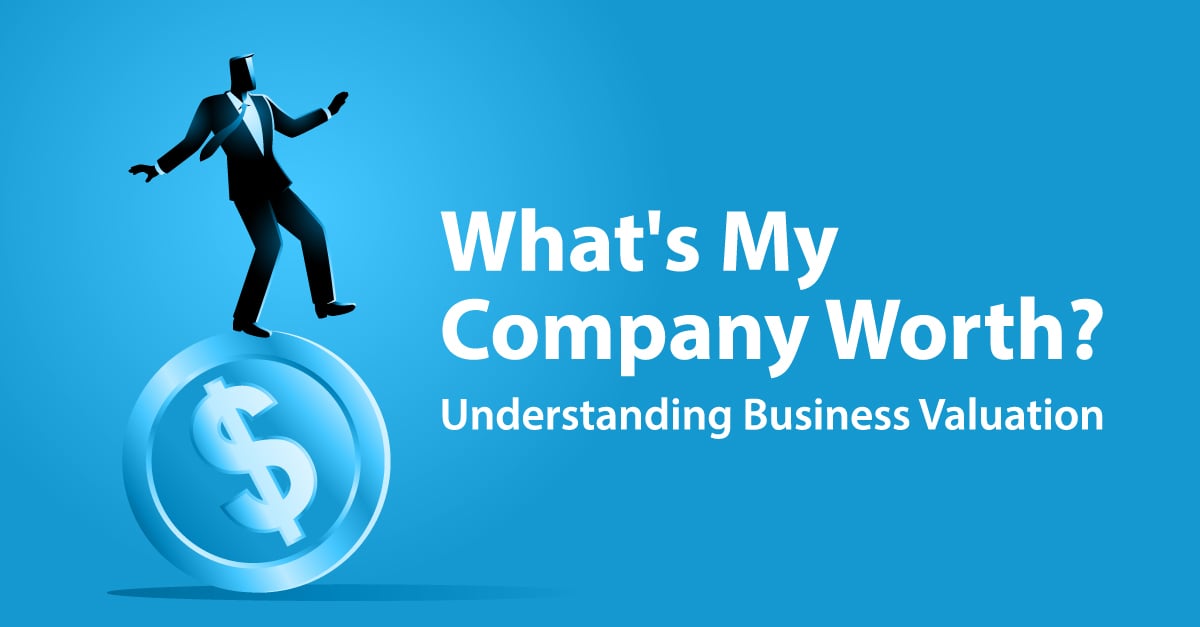The question of how much is my company worth is a complex one that includes many intangibles as well traditional financial factors. Like beauty, value is in the eye of the beholder and frequently depends on perspective. In the three short articles in this series we will first set the stage with some simple clarifications, then get deep and detailed in article 2 (Valuation Techniques Demystified), and then wrap up with some practical issues in article 3 (Practical Challenges & Uncertainties in Business Valuation).
Value versus Sale Price
There is a subtle but important distinction between the notion of the value of a company and the sale price of a company. In the event of an arms-length sale transaction, there is a strong argument that the sale price is the value of the company. But is it really? With lower mid- market private companies (those with values under $25 million), a sale can involve a complex mix of value to the seller, delivered in both financial and personal terms, at closing and in the future. These factors can result in a difference between total value to the seller and the sale price at closing. For example, a seller may insist that the company keep operating at its present location for a period of time in order to preserve jobs for the workforce. This may result in a reduced selling price but may bring great personal value to the owner. Additional issues that can cloud the question of value evolve from the legal form of the transaction (stock versus asset purchase) or from the structure of the transfer of the total price paid (cash, assumption of debt, assumption of liabilities, etc.). These can obscure the actual value of a company to the outside world and often even to the financial press!
Absent a sale, a company’s value can be defined as what an arms-length transaction would bring in a sale or the value of the company as it is being run by the current owners. Sounds simple but there are a myriad of valuation methods and techniques to choose from. In fact, the question of valuing a company usually generates a heated discussion accompanied by enormous amounts of jargon and strident argument. This can be broken down into two basic approaches to valuation. The analytic school is based on review, analysis, and logic, and results in a defensible value for a business. This may be particularly important when dealing with estate matters involving the IRS. It often includes the comfort of professional bona fides like “Certified Valuation Analyst”. In contrast, the deal maker school points to a completed purchase agreement and a cashed check and declares that to be the value! Both schools are instructive and can provide useful guidance to understanding not just the magic value number but the analytic and evaluation processes and thinking that generally lead to determining value.
Valuation – Internal and External Factors
The most important elements in establishing the value of a company are the characteristics of the company itself. The financial performance of the company, its strategic profile, and the characteristics of the company’s industry will establish the core layers that determine the value. External factors that can move that value up or down include the supply and demand for acquisitions, the availability and cost of capital, and the state and the dynamics of the overall economy. In this discussion, we focus on the intrinsic aspects of the company.
Know Your Worth - Explore the Rest of the Series:
- Understanding Business Valuation (current)
- Valuation Techniques Demystified
- Practical Challenges & Uncertainties in Business Valuation
Todd Peter is a FocusCFO Principal based in Cleveland, OH.





